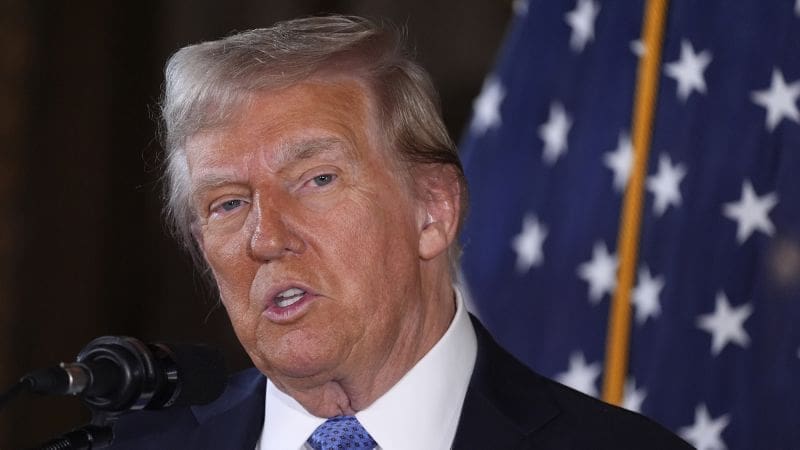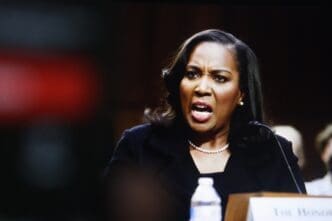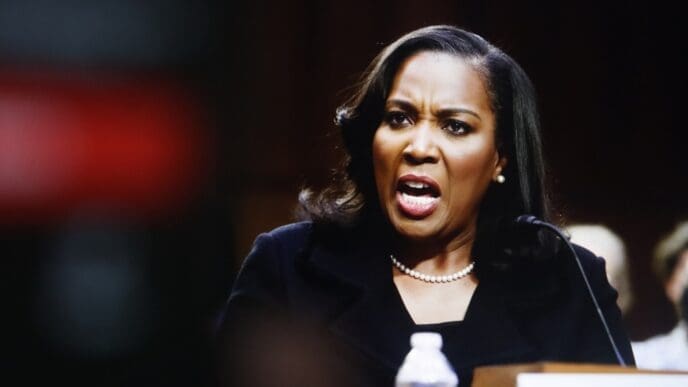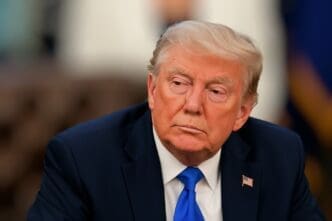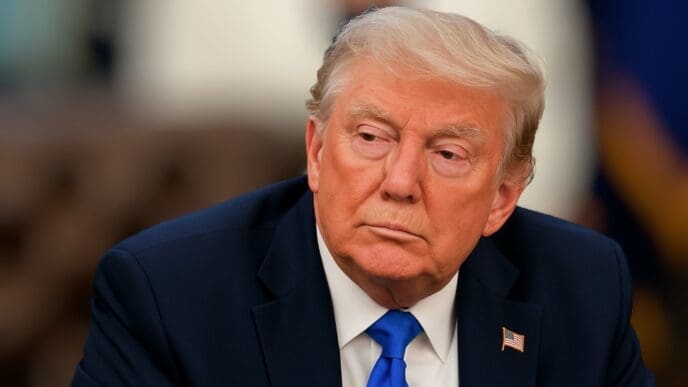Trump faces nearly a dozen civil suits in federal court where he is a defendant. These lawsuits range from a defamation case involving the Central Park Five to eight related to his role in the January 6, 2021, Capitol attack, and two concerning the clearing of racial justice protesters in 2020. While Trump may have legal immunity from criminal charges, these civil cases have the potential to subject him to courtroom appearances and testimony under oath.
The potential progression of any lawsuit could compel Trump to disclose private communications or participate in videotaped depositions, a process Brigida Benitez, a lawyer who once deposed Trump, described as challenging for him. “When you’re the deponent, you’re not in control of the room,” she stated.
Trump’s legal entanglements extend beyond defenses; he actively engages in litigation against media outlets and individuals. This week, he narrowly avoided testifying in his lawsuit against ABC News, finalized with a settlement before depositions ensued. Such engagements highlight his litigious nature, yet legal experts often view these lawsuits as having limited success prospects.
Within this legal landscape, Trump continues to pursue cases against CBS News and Simon & Schuster, stemming from alleged deceptions. Even with a favorable ABC settlement giving his team confidence, attempts to expedite legal processes often hit judicial procedural brakes.
Current lawsuits where Trump is a defendant are expected to unfold at a deliberate pace. Courts aim to prevent these cases from hampering presidential duties while adhering to precedence set by the Supreme Court in 1997 regarding civil litigation against sitting presidents. Still, the potential requirement for Trump to testify remains a real possibility, contingent on courtroom decisions and the outcomes of immunity arguments currently under judicial review.
Among these cases, the lawsuits related to the January 6th Capitol attack and the Lafayette Park incidents stand as significant legal challenges. Lawyers like Joe Sellers, representing Democratic House members, recognized that resolving whether Trump should testify could take years. Meanwhile, governmental arguments have attempted to shield him from liability, suggesting his actions fell under presidential duties.
Trump’s history in depositions reflects the ongoing scrutiny he faces. He has provided testimony on several occasions, notably in cases like E. Jean Carroll’s defamation allegations, where recorded depositions were made public. Such cases have sometimes resulted in verdicts against him, igniting political backlash and media attention.
Additionally, ongoing issues, such as the firing of former FBI employees Peter Strzok and Lisa Page, demonstrate the complicated legal web surrounding his previous and current presidential duties. Despite a settlement on privacy violation claims, disagreements persist, with the Justice Department under the current administration showing some protective measures akin to those during Trump’s first term.
Navigating his presidency with multiple civil suits presents a formidable challenge for Donald Trump. These legal proceedings, interwoven with his public duties, underscore the complex intersection of law and politics he must manage. As courts deliberate over matters of immunity and liability, the outcomes could shape not only his presidency but also his personal and public legacy.


